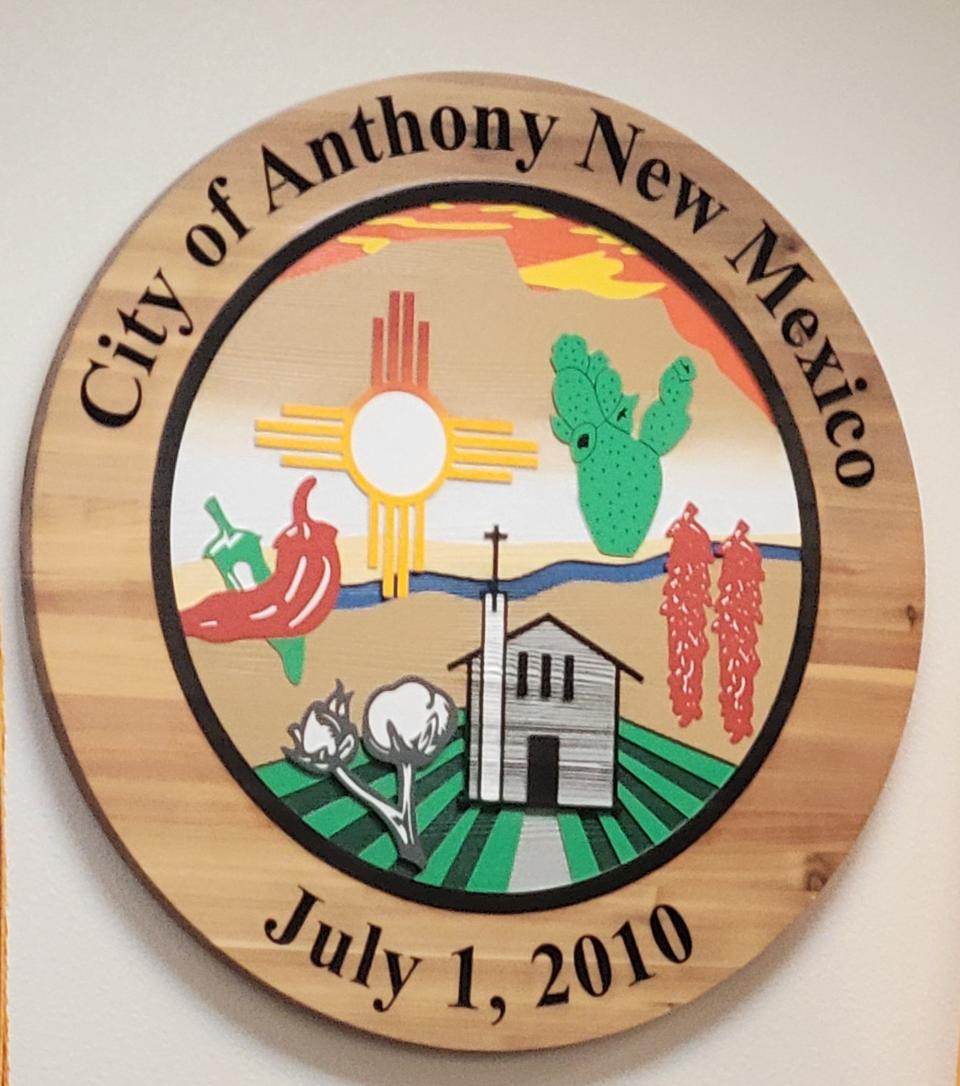After a series of tense exchanges between senators and tech executives that clocked in at just under four hours, the Senate Judiciary Committee hearing on online child safety came to an end Wednesday with no clear resolutions in sight. The audience included several family members of victims, who cheered as senators berated the executives and listened stoically as Mark Zuckerberg, the CEO of Meta, addressed the crowd directly.
Here are some of the key takeaways.
Senators were aggressive in their questioning.
Sign up for The Morning newsletter from the New York Times
In one of the more combative tech hearings in recent years, senators from both parties refused to back down and pressured the chief executives of Meta; X, formerly known as Twitter; TikTok; Discord and Snap to take responsibility — and apologize — for their companies’ role in harming children. At times, the senators shouted and talked over the executives, drawing applause from those in the room. Sen. Lindsey Graham, R-S.C., said the companies had “blood on your hands.”
Zuckerberg addressed families of victims.
After being pressured by Sen. Josh Hawley, R-Mo., to apologize for the harm caused by Meta, Zuckerberg stood from his chair, turned around and addressed families of victims in the audience who had suffered abuse on Meta’s apps.
“I’m sorry for everything you have all been through,” Zuckerberg said. “No one should go through the things that your families have suffered.” He said his company was working so that no one else would have to do so, and did not address Meta’s role.
The leaders of Meta and TikTok took most of the heat.
Though executives from Meta, Snap, Discord, X and TikTok were all called to the hearing — the latter three were subpoenaed to testify — it was Zuckerberg and Shou Chew, TikTok’s CEO, who spent the most time in the spotlight. Senators grilled the two men on the number of abuse incidents across their platforms.
Two of the five CEOs agreed to support the Kids Online Safety Act.
Evan Spiegel, CEO of Snap, and Linda Yaccarino, who leads X, both agreed to support the Kids Online Safety Act, or KOSA. The proposed law would require online services like social media networks, video game sites and messaging apps to take “reasonable measures” to prevent harm — including online bullying, harassment, sexual exploitation, anorexia, self-harm and predatory marketing — to minors who use their platforms. Zuckerberg, Chew and Jason Citron, the CEO of Discord, did not pledge their support, with some arguing that it was directionally helpful but contained some overly broad restrictions that may come into conflict with free speech issues.
TikTok faced heat for its ties to China.
Lawmakers repeatedly pressed Chew about TikTok’s ties to the Chinese government, thanks to its Chinese ownership by ByteDance. Chew, who was born in Singapore and still lives there with his three children, was asked whether he had a Chinese passport or had ever applied for Chinese citizenship. (He had not, though he lived in Beijing for five years.) He was also questioned about the progress of TikTok’s multibillion-dollar plan for walling off sensitive U.S. user data.
After years of debate, no bills have passed.
Despite years of railing against Big Tech in public, no meaningful legislation has moved its way through Congress to be signed into law.
c.2024 The New York Times Company
Signup bonus from





